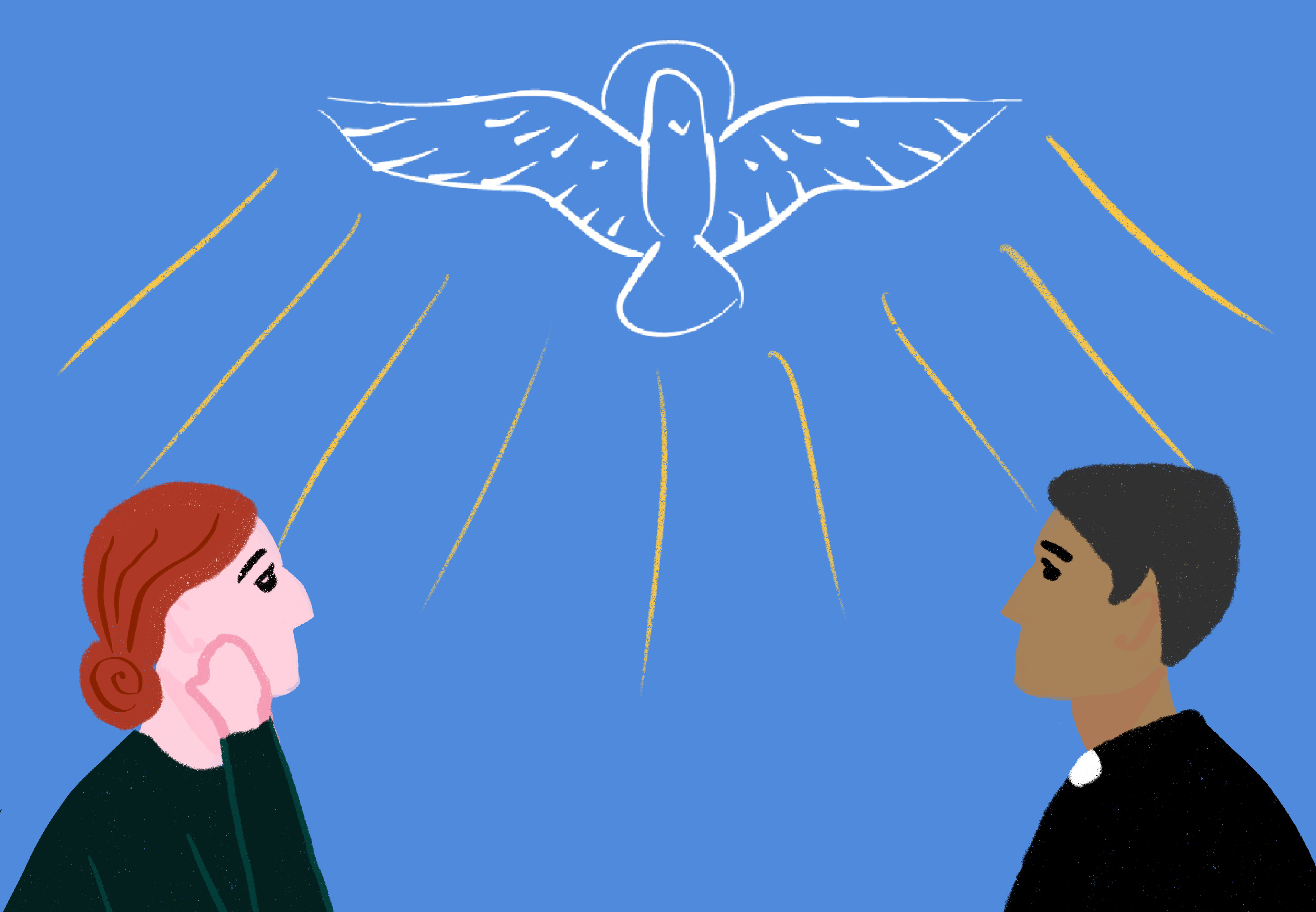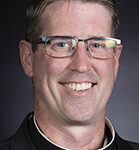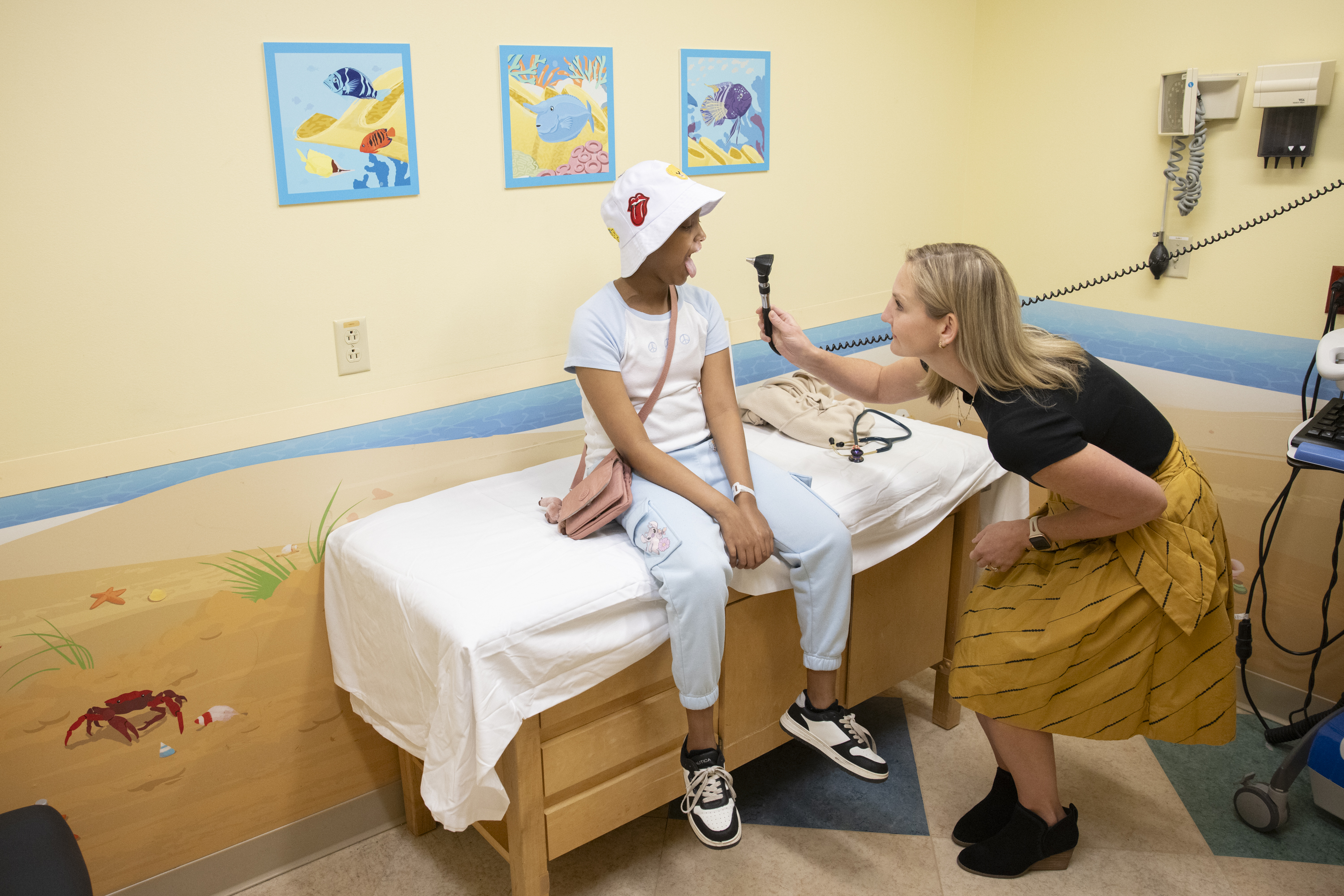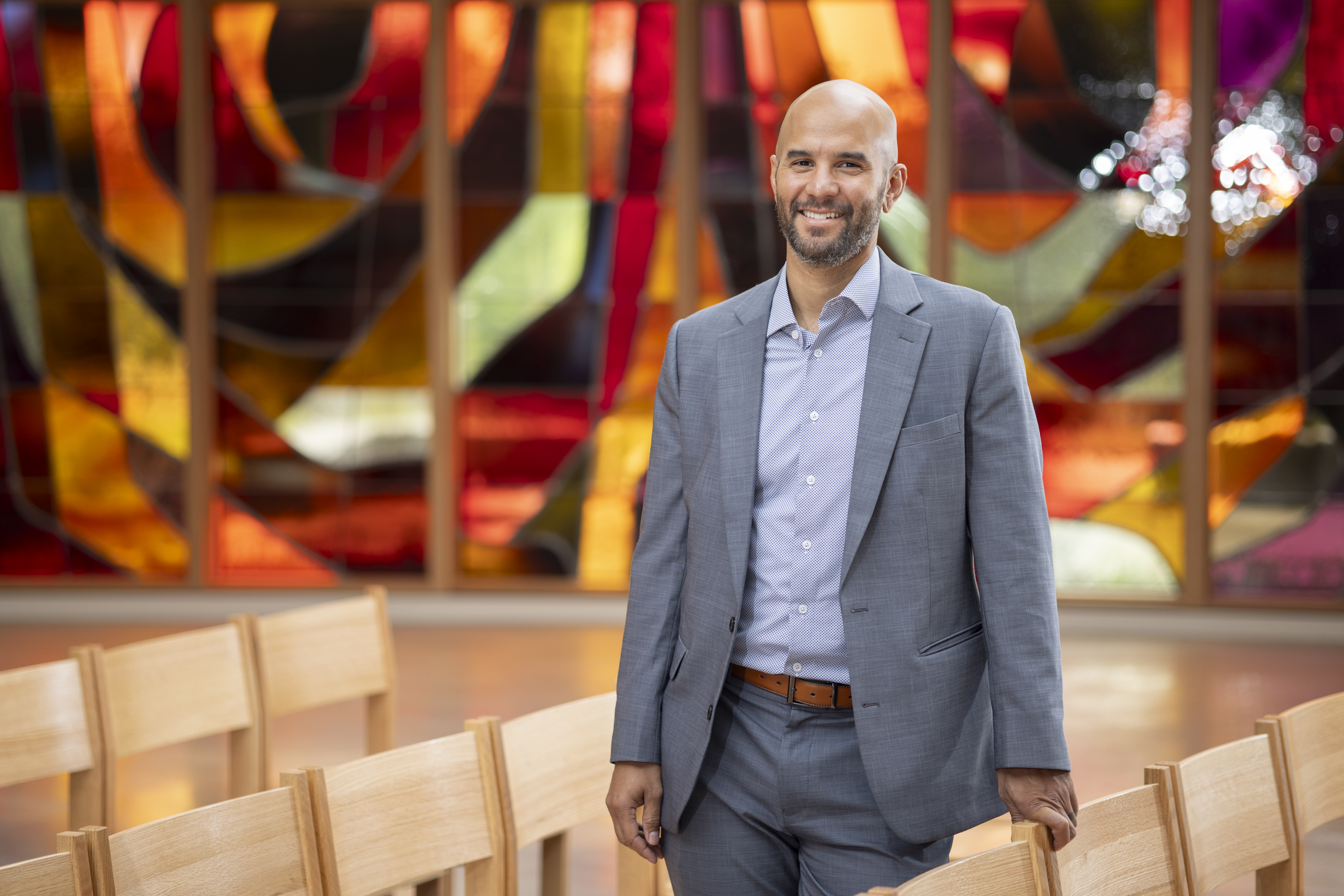Spiritual direction helps us to recognize God’s voice

Should I have a spiritual director?

Every so often, someone will ask me: “Father, should I have a spiritual director?”
My answer usually depends on where someone is in their life of prayer.
First, let’s be clear about what spiritual direction is — and isn’t. It’s not therapy, coaching or simply a place to get advice. Spiritual direction is a relationship in which one Christian helps another pay attention to what God is doing in their life, especially in prayer, and respond to it. As the Catechism of the Catholic Church reminds us, prayer is “the living relationship of the children of God with their Father” (CCC 2565). A spiritual director’s role is to help you reflect on that living relationship and notice God’s movements.
That’s why I often say: A regular prayer life is the prerequisite for spiritual direction. If we’re not praying — whether it’s daily Scripture, silence before the Blessed Sacrament or heartfelt conversation with God — then there isn’t much for a director to direct. St. Teresa of Avila said, “Prayer is nothing else than an intimate sharing between friends.” Direction helps us look more closely at how that friendship is unfolding.
Don’t confuse spiritual direction with spiritual counsel. We all receive counsel at times — a priest’s words in confession, a friend’s encouragement in a time of trial, a Scripture that speaks directly to our heart. Those moments are real gifts of the Spirit (cf. 1 Corinthians 12:7). Think of the ongoing fruits from a small faith group or Bible study… “where two or three are gathered in my name, there I am amongst them.”
So who should seek one-on-one spiritual direction? Certainly, those discerning priesthood or consecrated life. Seminarians and religious are required to have directors because discernment demands consistent guidance. But it’s not just for them. Married couples or laypeople who are already praying faithfully and desire to grow in holiness — or who are wrestling with dryness or questions in prayer — can benefit tremendously.
For many Catholics, occasional direction on retreat or in moments of transition is enough. But if you feel particularly called to discern God’s will more clearly, regular direction is a tremendous gift. St. John of the Cross once said, “A soul without a director is like a lone burning coal; it grows colder rather than hotter.” A good director helps us stay close to the fire of God’s love, especially in difficult seasons.
But let’s be clear: The heart of direction is not about “getting answers,” but about learning to recognize God’s voice. St. Ignatius of Loyola spoke of noticing consolations and desolations — movements of the heart that either draw us closer to or away from God. A director helps us sort through those movements with humility and freedom. The Lord Himself promises: “I will instruct you and teach you the way you should go” (Psalms 32:8). In fact, the seminarians at Kenrick-Glennon are often told that they are not there to “figure it out.” They are at the seminary to fall deeper in love with God, and in doing so, His will for them will be revealed.
So, should you have a spiritual director?
Step one is to make sure you have a regular prayer life. If you’re not praying, there’s nothing to direct. Step two is to seek spiritual counsel. Pay attention to the invitations you have to engage in spiritual conversations and consider joining a small faith-based group if you’re not part of one. After this, if you still feel called to discern more closely what the Lord is trying to reveal to you, then you should consider the possibility of ongoing direction.
Remember, the goal is the same for all of us: to become more attentive to the voice of the Good Shepherd and to follow Him with joy!







